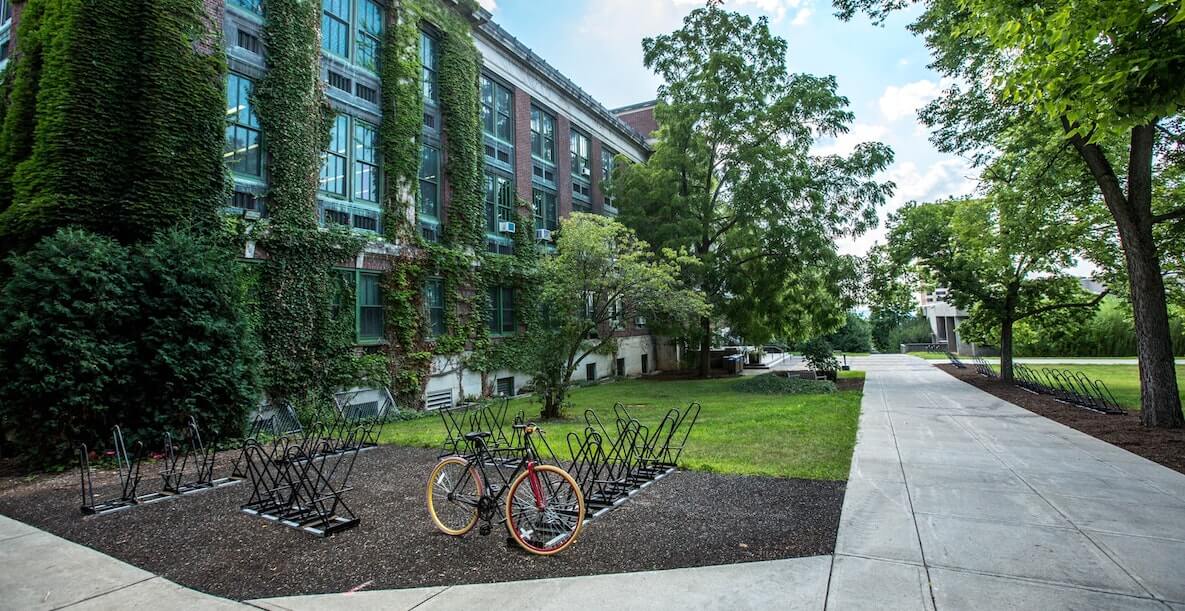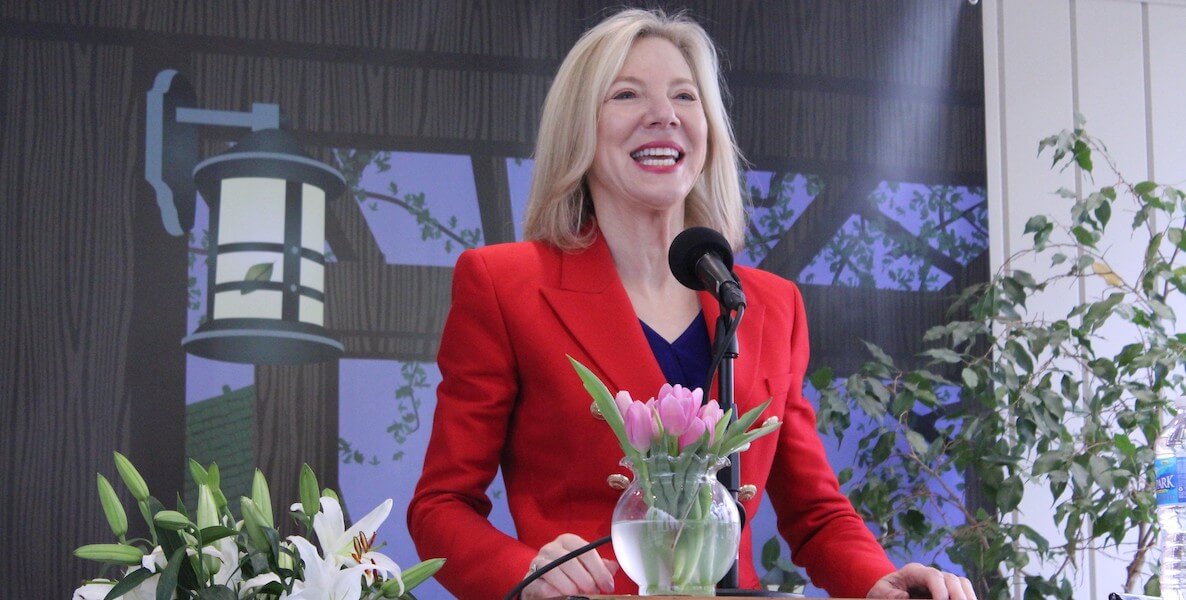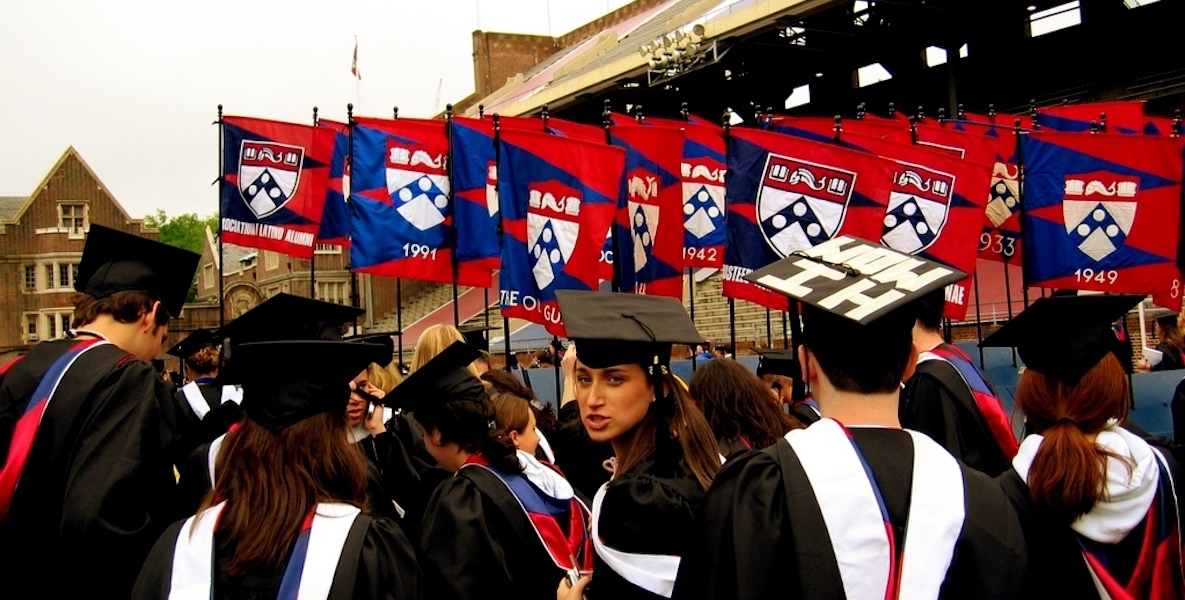This spring, Penn accepted a historically low 5.68 percent of applicants to the Class of 2025 after a record number applied, 56,333—a 34 percent increase over last year. Harvard admitted just 3.4 percent of applicants. The news is similar this year throughout the Ivy League and at most elite universities.
Every year these prestigious universities have been receiving more and more applications and admitting lower and lower percentages of students. That’s not a surprise since in this culture a high rate of rejection unfortunately defines prestige. This year the number of applications jumped considerably. Because of Covid-related challenges, most highly desirable universities did not require the SAT or ACT, the standardized gateway-keeping tests.
MORE ON EDUCATION REFORM IN THE WAKE OF COVID-19
One positive result of the test-optional policy is a higher rate of diversity. Penn’s class of 2025 counts 15 percent as first-generation college students. Those self-identifying as people of color number 56 percent, up from 53 percent last year.
Many universities are considering making the test-optional policy permanent. An early goal of standardized tests for college admission was to increase access to higher education by giving students from neighborhood public schools a chance to compete for places at elite universities with students from Choate and other high-priced prep schools.
But throughout their history these standardized tests have served to perpetuate bias. Today, wealthy families hire expensive college consultants to teach privileged students how legitimately to game the SAT and ACT. This practice reached its illegal apex in the Varsity Blues scandal. But even in its legal manifestation, SAT/ACT prep is determined by wealth and privilege.
Meanwhile, according to an article in the Chronicle of Higher Education, an Ivy League admissions dean told a high school counsellor “that his office could simply replace the class they admitted with the next most competitive group of applicants, and the next several after that, and it would make no difference.”
One radical approach to this phenomenon would be to select all the highly qualified candidates, put them in a “worthy of acceptance” pool, and then conduct a lottery for those actually admitted.
Before you reject this idea out of hand, please consider what this approach would accomplish
- A mitigation of the snobbery involved in merely getting into an Ivy League university
- A reduction in heartbreak among highly accomplished, hard-working teen-agers.
- An incentive for every applicant to research and select “safety” schools with an eye to happiness and satisfaction at lesser-known campuses.
If anyone is scoffing at the lottery idea as too arbitrary, please consider the randomness of the current process. According to the Chronicle article, admissions deans have long ago given up on making meaningful distinctions based on top-notch high school achievements, co-curricular activities, and community service.
For decades thousands of kids have been exhausting themselves to excel in all areas. But in the last several years, a new criterion has emerged—actually more buzzword than criterion. That buzzword, according to the Chronicle article, is “authentic.” “‘Authentic’ and ‘authenticity’ pop up everywhere in admissions discourse, often in jarring, self-contradictory formulations.”
As far as I can tell, “authenticity” in this context refers to the applicant’s ability to describe missteps and/or personality flaws in ways that impress the Admissions Office. Is anyone else screaming, Give me a break? Some amazing and truly authentic teens may be able to write essays reflecting this attribute. But, dollars to donuts, the most “authentic” applications will reflect the help and advice of high-paid, private college consultants.
There has to be a better way. Let’s challenge Ivy League universities to find it.
But also, let’s turn our gaze away from the elite schools that are open to so few. Our system of public education is undergoing a profound shift, as evidenced this week with the announcement that six public state institutions are combining into two different universities to increase efficiency and strength.
Here are some other ways to even the playing field so all students who want it have access to a college education
1. Increase support to public higher education. It makes no sense that colleges in the PA State System of Higher Education (PASSHE) are under-enrolled to the point of merger or closure, while the University of Pennsylvania rejects tens of thousands of students. Penn President Amy Gutmann herself has long recognized this problem and has advocated for investment in public higher education.
Penn covers 100 percent of student need through grants to lower-income students—not loans. PASSHE schools should be financially supported so that they can offer the same financial benefit. PASSHE schools employ outstanding faculty and staff with a record of commitment, innovation, and creativity even under adverse circumstances. Adequate investment would enable these institutions to provide excellent educational experiences for a wide range of students, including the state’s talented first-generation and adult learners.
2. Improve the funding for public high school college counsellors. Decrease their student load and let them devote time and energy to assisting students in making intelligent choices on college applications. In the Philadelphia metropolitan area—and in other regions—colleges and universities should join together in providing information for college counsellors. Institutions already spend large amounts on outreach to high schools. It would be in everyone’s interest, especially the students, to pool those resources and highlight information-sharing over competition.
3. Consider the idea of elite institutions with huge endowments allocating resources to regional publics and underfunded private universities. The participating institutions could work out mutually-beneficial responsibilities. As one college president describes: “Elite institutions could funnel a small percentage of their massive resource to socially committed, less-resourced colleges, which in turn could provide elite institutions their expertise in teaching and supporting first-generation, low-income students.”
4. Develop a state-wide strategy for public higher education. Too much in Pennsylvania is ad hoc. As Daniel Greenstein, Chancellor of PASSHE wrote last week in The Chronicle, “Pennsylvania State University, Temple University, the University of Pittsburgh, the commonwealth’s community colleges, and PASSHE all function as separate entities, with no state-level coordination.”
It’s time for a state-wide framework, not a bureaucracy. The Governor’s Office could convene regular meetings of the presidents of Pennsylvania higher education institutions. If a state-wide strategy is too ambitious, the Philadelphia Mayor’s office could organize regular meetings of presidents of Philadelphia-area colleges and universities.
As we enter the post-Covid world, where higher ed will never be the same again, let’s rethink status. Let’s focus instead on establishing high quality higher education for all.
Elaine Maimon, PhD, is author of Leading Academic Change: Vision, Strategy, Transformation. Follow Elaine Maimon on Twitter.
Header photo courtesy of Wikimedia Commons






